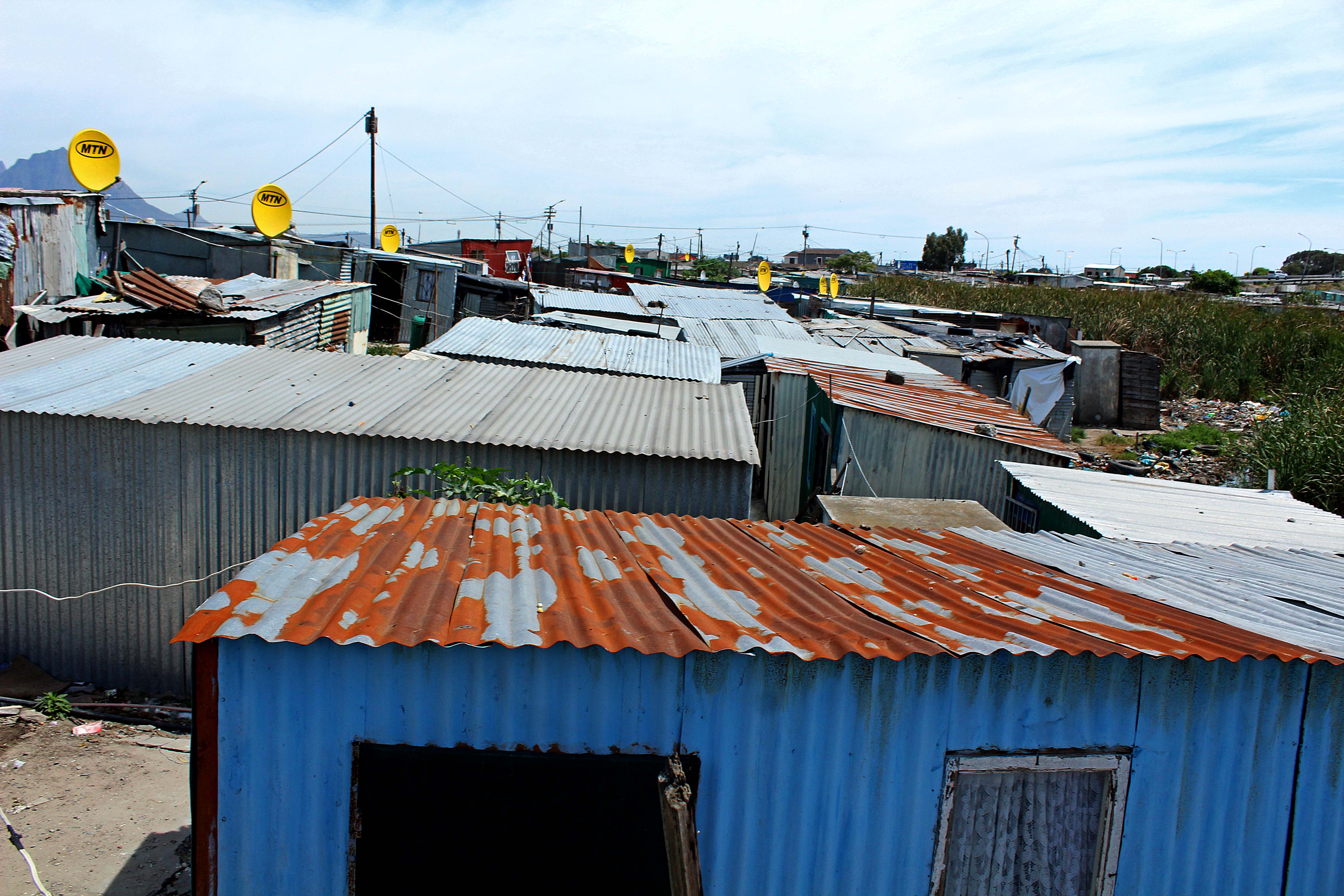First published by GroundUp
Cape Town is a racially divided city. It is also facing a housing affordability crisis. The lack of racial and economic integration means that the best land is reserved for a wealthy, predominantly white population, who can afford to live close to good jobs, schools, and hospitals. Increasingly, poor and working class families find themselves struggling to find affordable housing options in the areas where they grew up or close to their jobs.
This problem is not unique to South Africa. The notion of inclusionary housing emerged in the United States in the 1970s and later in Europe. Inclusionary housing policies are implemented to achieve two goals: produce more affordable units and foster greater social integration.
Inclusionary housing usually occurs in “hot” property markets, close to jobs and commercial activity. In the United States, inclusionary housing was used to counter racist planning practices that excluded minority groups from living in white areas.
Inclusionary housing works through the local planning system. When a developer applies for planning permission, the local administration requires the developer to make an inclusionary housing contribution in one of three ways:
-
Reserve a fair portion of units for low-income households in the development;
-
Build affordable housing units on a near-by off-site development; or
-
Pay a fee to the local administration which it uses for affordable or other housing needs.
This contribution is obtained in exchange for additional development rights and other incentives like fast tracking processes.
Inclusionary housing is one in a range of tools needed to correct Cape Town’s dysfunctional and exclusive spatial design. Traffic congestion, high land and property prices, and long and costly commutes on unreliable public transport, continue to make Cape Town an unsustainable city. The majority of people living on the periphery, who have to travel into the city centre every day, are working class black and coloured residents.
There is growing interest in inclusionary housing among some private developers and the City of Cape Town. Private developers in Sea Point, Observatory, Paarden Eiland, Century City and Diep River have proposed inclusionary housing units as a way to comply with the principle of spatial justice in the Spatial Planning Land Use and Management Act, which among other things requires that land development promote equitable access to land for disadvantaged people. The City of Cape Town has also done some research into a policy but has not yet formalised this process.
But private developers and the public need certainty. Which areas of the city will trigger an inclusionary housing contribution? What household incomes will be eligible for affordable housing? What is a fair portion of inclusionary housing units in any given development? Who will the beneficiaries of these units be?
Only the City Council has the authority to answer these questions. Once it adopts a formal inclusionary housing policy, affordable units will be built by private developers. The more the City delays, the less likely it is that private developers will include affordable housing in their developments.
Inclusionary housing builds a more inclusive society. If an inclusionary housing policy is adopted, there will be more units available for low to moderate income families. Children will have better access to schools. Children will fare better when they grow up in mixed-income communities rather than high poverty areas. Their parents will save 40% of household income currently used on public transport. This will stimulate local economic growth and contribute to long term economic development.
Inclusionary housing policies can offer a host of incentives to private developers in exchange for inclusionary housing, like: fast-tracking the application process, providing density bonuses so private developers can build higher, reducing parking requirements, decreasing monthly bulk service contribution, or offering a bulk services infrastructure payment “holiday”. All the incentives benefit the developer and potentially result in faster returns on investments.
A formal policy also ensures that there is development certainty and predictability, so that the public knows “the rules of the game”. At the moment, there is policy uncertainty which is driving away much needed investment to the City. A policy can also benefit long term economic development. Once adopted, it can also reduce the price of land, as private developers can use the additional cost of the inclusionary housing contribution to negotiate a fairer price of land. This will likely result in a reduction in land values making development more viable in the long term.
An inclusionary housing policy should be designed with care to ensure that it does not chase development investment away from the areas that need growth.
Inclusionary housing is a fair trade between private developers and the real and urgent needs of spatial transformation. In exchange for the rights to build, local government requires private developers to contribute to community needs. DM
Jonty Cogger is an attorney at Ndifuna Ukwazi Law Centre.
Views expressed are not necessarily those of GroundUp.





